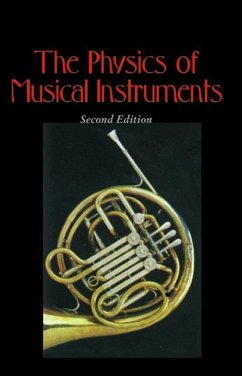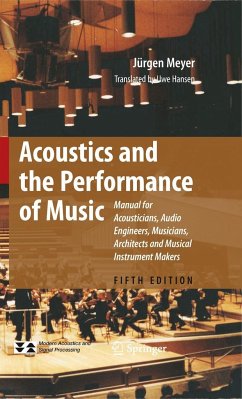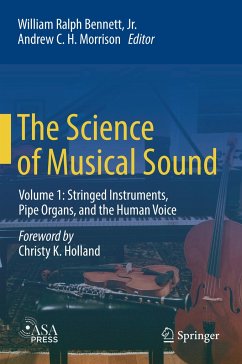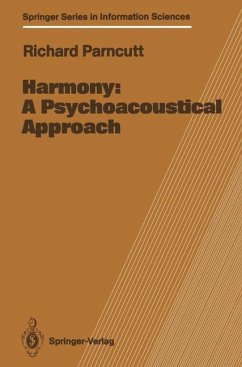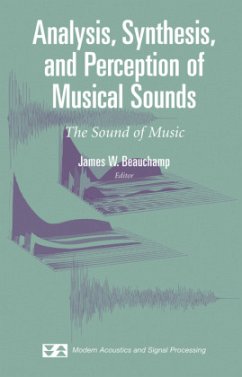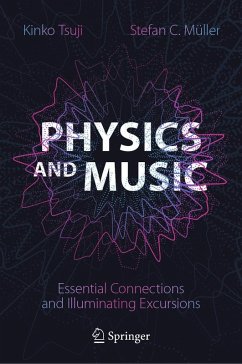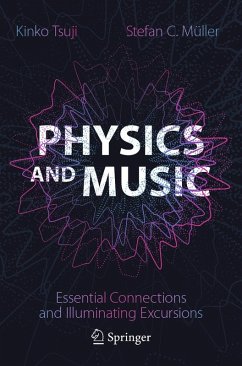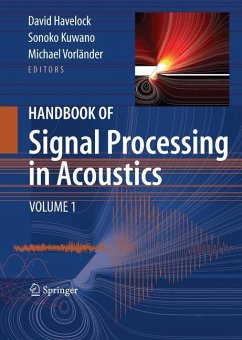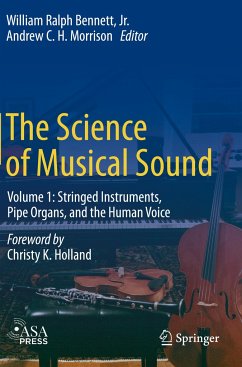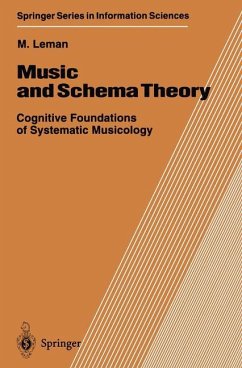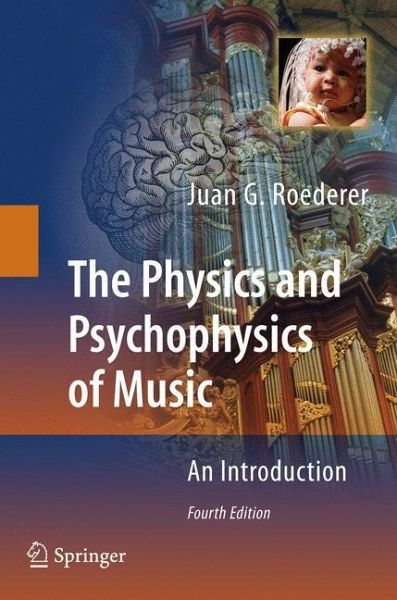
The Physics and Psychophysics of Music
An Introduction

PAYBACK Punkte
25 °P sammeln!
This book uses acoustics, psychophysics, and neurobiology to explore the physical systems and biological processes that intervene when we hear music. It incorporates the latest findings in brain science and tone generation in musical instruments.
This book, a classic in its field, deals with the physical systems and physiological processes that intervene in music. It analyzes what objective, physical properties of sound are associated with what subjective psychological sensations of music, and it describes how these sound patterns are actually generated in musical instruments, how they propagate through the environment, and how they are detected by the ear and interpreted in the brain. Using the precise language of science, but without complicated mathematics, the author weaves a close mesh of the physics, psychophysics and neurobiology relevant to music. A prior knowledge of physics, mathematics, neurobiology or psychology is not required to understand most of the book; it is, however, assumed that the reader is familiar with music - in particular, with musical notation, musical scales and intervals, and some of the basics of musical instruments. This new edition presents substantially updated coverage of psychoacoustics, including:
- New results from tomographic imaging of brain function that confirm some speculations in previous editions
- New research on consciousness and emotions
- The possibility of musics in extraterrestrial civilizations
- New results from tomographic imaging of brain function that confirm some speculations in previous editions
- New research on consciousness and emotions
- The possibility of musics in extraterrestrial civilizations





